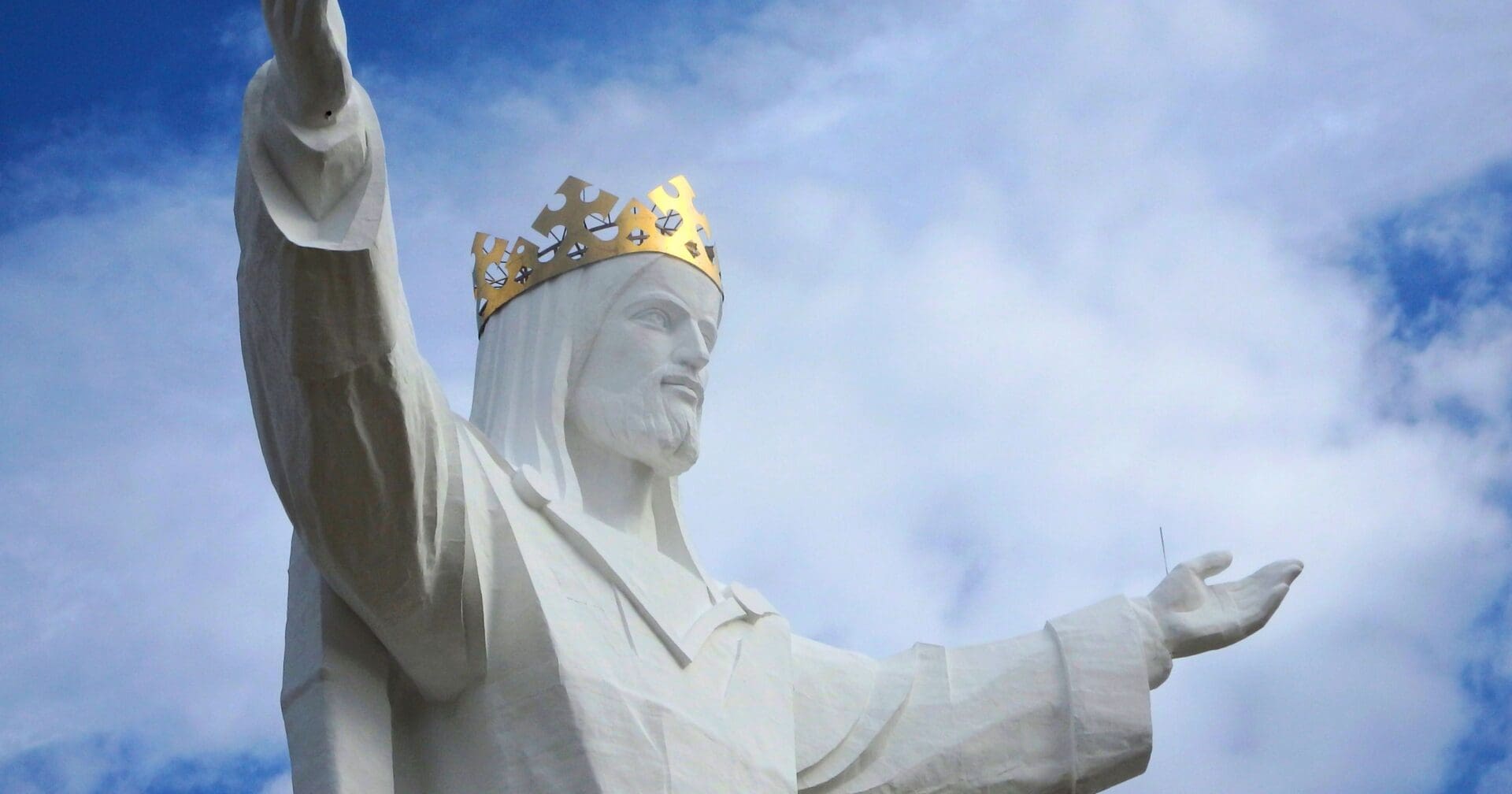Pope Pius XI, in response to the growing secularism and skepticism of Christ’s authority in the early 20th century, instituted The Feast of Christ the King in 1925 through his encyclical Quas Primas. This move mirrored the earlier establishment of the Feast of Corpus Christi during a period of diminished Eucharistic devotion. Pope Pius XI’s decision was influenced by witnessing the rise of dictatorships in Europe and observing the alluring power these earthly leaders had over Catholics. This era was marked by a declining respect for Christ and the Church, making the feast particularly pertinent.
The Feast of Christ the King was envisioned to serve multiple purposes. Firstly, it was intended to assert the Church’s right to freedom and immunity from state control. Secondly, it aimed to remind leaders and nations of their duty to honor Christ. Lastly, the feast was hoped to inspire the faithful with courage and strength, emphasizing the reign of Christ in all aspects of life.
Despite its historical context, the relevance of this feast has only grown in modern times. The contemporary issue lies in the extreme embrace of individualism, leading to a rejection of any authority beyond the self. In such a culture, the concept of Christ as a ruler is often dismissed. Additionally, there’s a reluctance to use titles like “king” or “lord” for Christ, stemming from a perception that these are remnants of oppressive systems. However, this perspective overlooks the essence of Christ’s kingship, which is founded on humility and service.
Jesus Christ, in the scriptures, contrasted his kingship with secular rulers, emphasizing service and sacrifice over domination and authority. His teachings promoted a kingdom defined by justice, mercy, love, peace, and forgiveness. Celebrating Christ as King, therefore, is not about exalting a tyrant but honoring a ruler who epitomizes self-sacrifice and enduring love, redefining the very concept of kingship.
Originally observed on the last Sunday of October, the Feast of Christ the King was moved to the final Sunday of Ordinary Time, just before Advent, after the 1969 calendar reforms. This positioning is symbolic, aligning the acknowledgment of Christ’s kingship with the anticipation of the Messiah’s arrival during Advent.
Photo credit: Dominikosaurus via Wikimedia Commons

















Thanks a very good idea keep it up.
Christ the King bless us all.
Lord have Mercy on Us !!
Christ our Lord! Be with us always, and forgive us our sins.
O Solemnity of Our Lord Jesus Christ, King of the Universe, Your Kingdom come.
Jesus is Glorious.
Your kingdom come your will be done on earth as it is in heaven!
Almighty, everlasting God,
Who in Thy beloved Son,
King of the whole world,
hast willed to restore all things anew;
grant in Thy Mercy that all the families of nations,
rent asunder by the wound of sin,
may be subjected to His most gentle rule.
Who with Thee lives and reigns world without end.
Amen.
Oh my Jesus, I surrender myself to You. Take care of everything! I love You. I trust You. I understand that all of creation is ordered to the divine Creator. God the Father Almighty. That angels, both exalted and fallen, are entities of will subject to intellect. That mankind is body subject to will, which is subject to intellect. Anytime this inverts, it’s disordered. Let the Holy Spirit apply pressure to the disorder in our bodies, our wills, our intellects, so that we see Christ Jesus as King of Heaven and earth. His sovereignty surpasses my ignorance and willful disobedience, so bring personal conversion everyday to infuse obedience to the Holy Trinity through the Holy Family of Nazareth. Remove the blinders, let me see Your Truth. Amen.